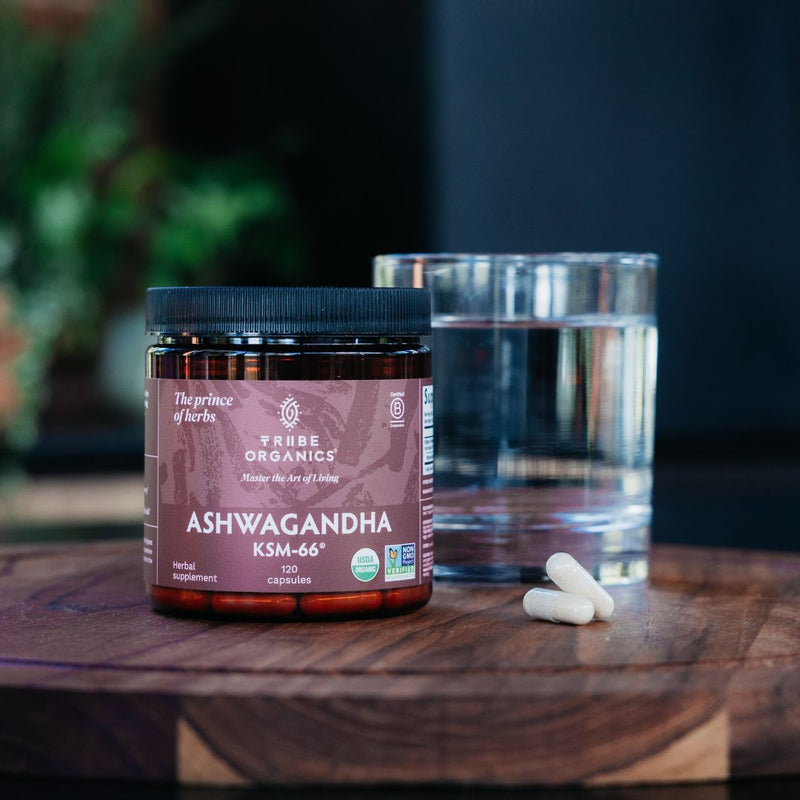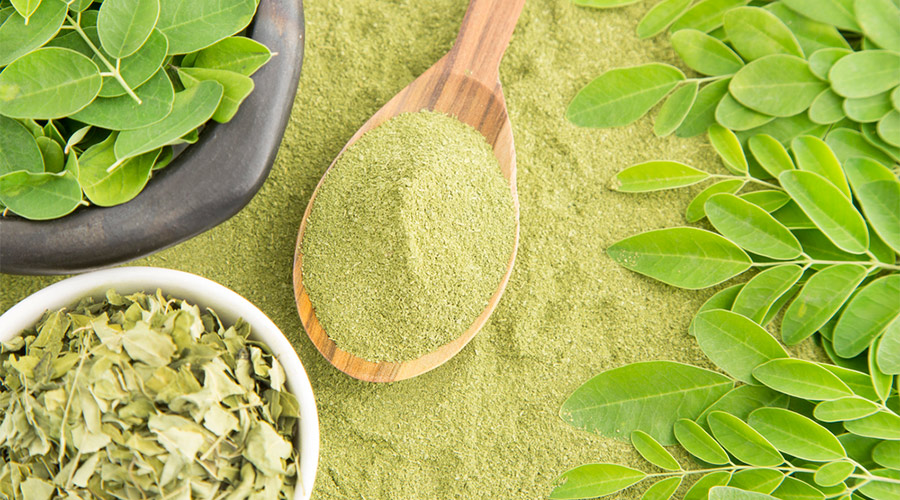How Long Does It Take For Moringa To Start Working
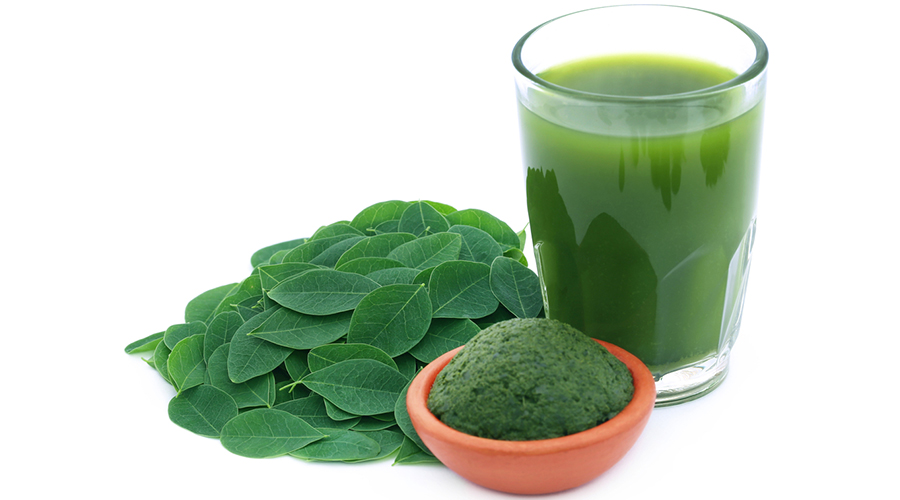
The buzz around Moringa oleifera, often hailed as a "miracle tree," has reached a fever pitch. Boasting a profile rich in vitamins, minerals, and antioxidants, it’s no wonder people are turning to Moringa for everything from boosting energy levels to managing chronic conditions. But the burning question remains: how long before you actually start feeling the effects?
The answer, as with most natural remedies, isn’t a simple one. This article will delve into the complexities of Moringa's efficacy, exploring the factors that influence how quickly, and how significantly, its benefits manifest. We'll examine scientific studies, expert opinions, and anecdotal evidence to provide a comprehensive understanding of what to expect when incorporating Moringa into your health regimen.
Understanding Moringa's Active Compounds
Moringa's nutritional power stems from its impressive array of bioactive compounds. These include vitamins A, C, and E, calcium, potassium, and various antioxidants like quercetin and chlorogenic acid. These compounds work synergistically to potentially offer a range of health benefits.
The speed at which these compounds are absorbed and utilized by the body plays a crucial role in determining how quickly one experiences noticeable effects. However, bioavailability - the degree to which a nutrient is absorbed and available at the site of action - varies significantly depending on several factors.
Factors Influencing the Timeline
Dosage and Form
The form of Moringa consumed (powder, capsules, tea, fresh leaves) and the dosage play a significant role. Studies suggest that the bioavailability of Moringa's nutrients can be affected by the processing method.
For example, some research indicates that Moringa leaf powder may be more readily absorbed than extracts, although more research is needed to confirm this. The recommended dosage also varies, typically ranging from a few grams of powder per day to several capsules.
Starting with a low dose and gradually increasing it allows your body to adjust and helps minimize potential side effects.
Individual Metabolism and Health Status
Each individual's metabolism is unique, impacting how efficiently they process and utilize nutrients. A person with a faster metabolism might experience effects sooner than someone with a slower metabolism.
Pre-existing health conditions can also influence Moringa's efficacy. For example, individuals with nutrient deficiencies might see more pronounced and rapid improvements than those who are already relatively healthy.
Diet and Lifestyle
Your overall diet and lifestyle habits are crucial factors to consider. A balanced diet rich in other essential nutrients can enhance the absorption and utilization of Moringa's compounds.
Regular exercise and adequate hydration can also contribute to a more efficient metabolic process, potentially leading to quicker results. Conversely, a diet high in processed foods and a sedentary lifestyle might hinder Moringa's effectiveness.
What Does the Research Say?
Scientific research on Moringa's effects is still evolving, but several studies offer insights into potential timelines. Some studies have shown improvements in blood sugar levels and cholesterol levels within a few weeks of Moringa supplementation.
However, these studies often involve specific populations (e.g., individuals with diabetes or high cholesterol) and controlled dosages. Results from these studies might not be directly applicable to everyone.
Anecdotal evidence often suggests that some individuals experience increased energy levels and improved digestion within a few days or weeks of starting Moringa. It's important to remember that anecdotal evidence should be interpreted with caution and is not a substitute for scientific research.
Realistic Expectations: Setting a Timeline
While there's no magic number, a realistic expectation is that it may take anywhere from 2 to 4 weeks to start noticing subtle changes. These changes might include increased energy levels, improved digestion, or a general sense of well-being.
For more significant and measurable effects, such as improvements in blood sugar or cholesterol levels, it might take several months of consistent Moringa use, combined with a healthy lifestyle.
It’s crucial to remember that Moringa is not a quick fix and should be viewed as a complementary addition to a healthy lifestyle, not a replacement for medical treatment.
Expert Opinions and Considerations
Nutritionists and healthcare professionals often emphasize the importance of a holistic approach to health. While Moringa can be a valuable addition, it's essential to focus on a balanced diet, regular exercise, and stress management.
They also caution against relying solely on Moringa to treat serious health conditions. Consulting with a healthcare professional before starting Moringa is always recommended, especially if you have pre-existing health conditions or are taking medications.
"Moringa can be a beneficial addition to a healthy lifestyle, but it's not a substitute for medical treatment. Always consult with a healthcare professional before starting any new supplement," says Dr. Anya Sharma, a registered dietitian specializing in herbal medicine.
Looking Ahead: Future Research and Potential
Ongoing research continues to explore the full potential of Moringa. Future studies will likely focus on determining optimal dosages, bioavailability, and the long-term effects of Moringa supplementation.
As research progresses, a more precise understanding of the timelines for various health benefits will emerge. This will allow individuals to make more informed decisions about incorporating Moringa into their health and wellness routines.
In conclusion, while the exact timeline for experiencing Moringa's benefits varies, a patient and consistent approach is key. Combining Moringa with a healthy lifestyle and consulting with a healthcare professional will maximize its potential and ensure a safe and effective experience.

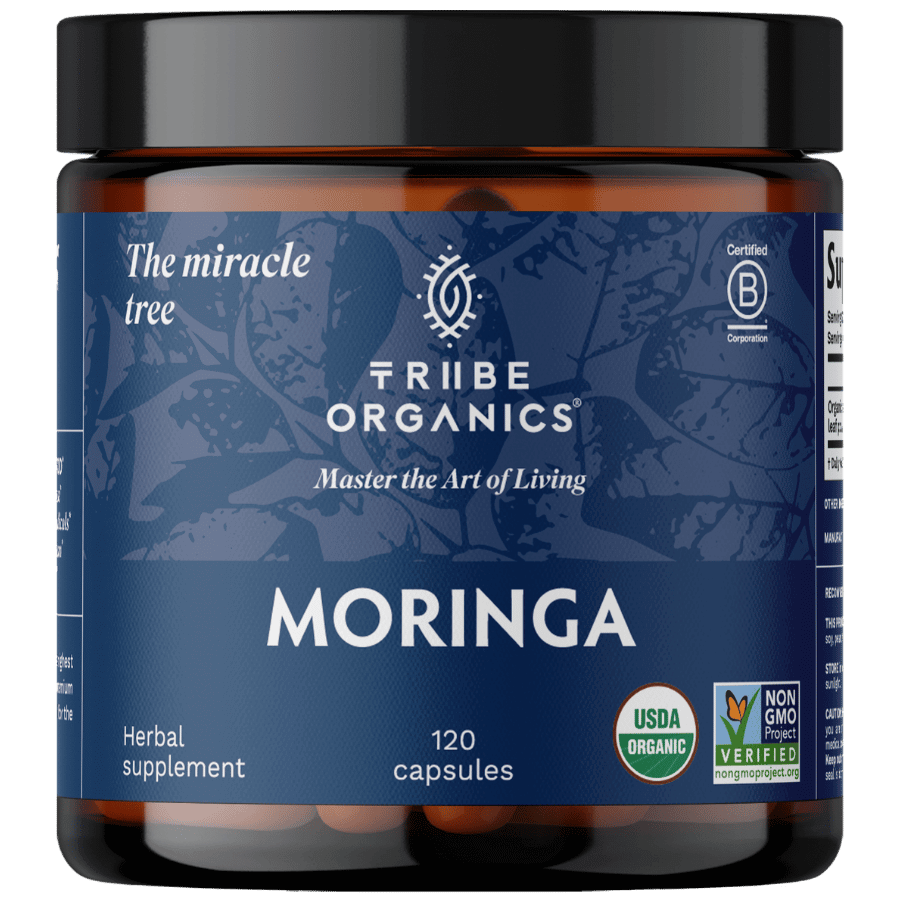
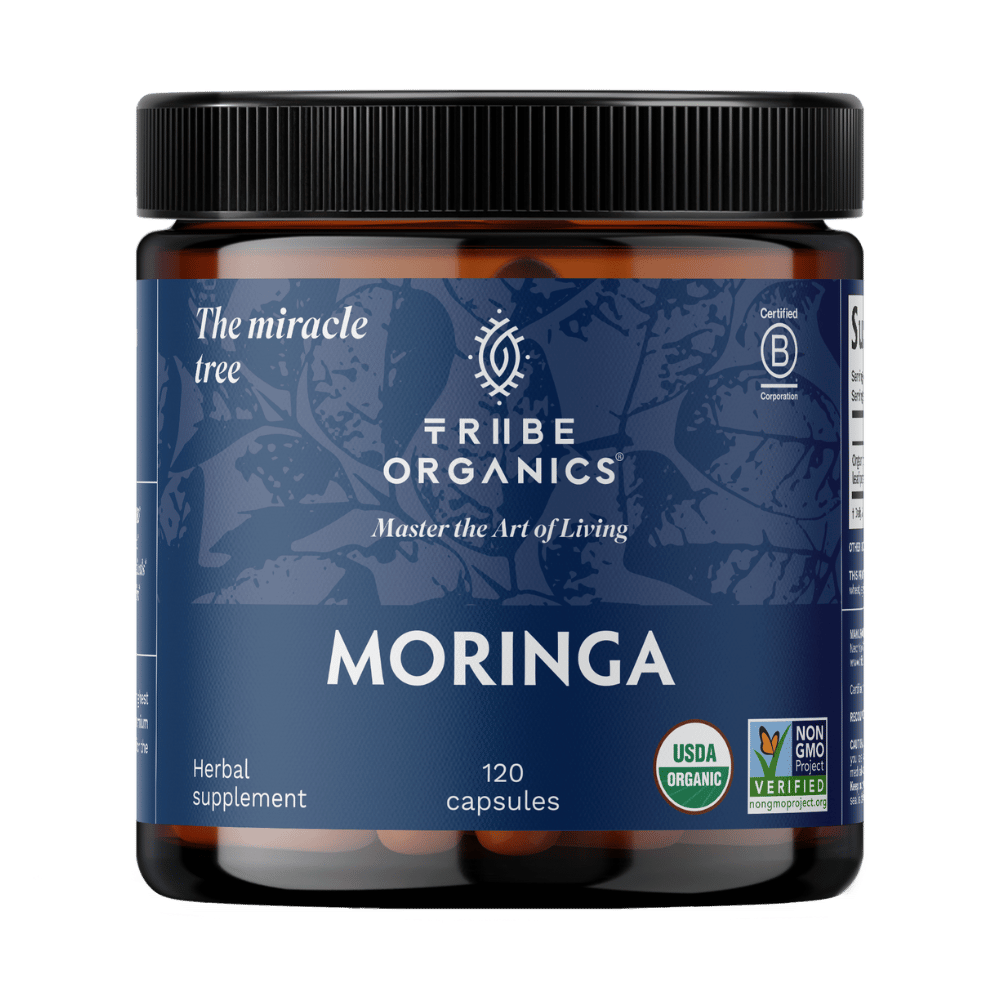
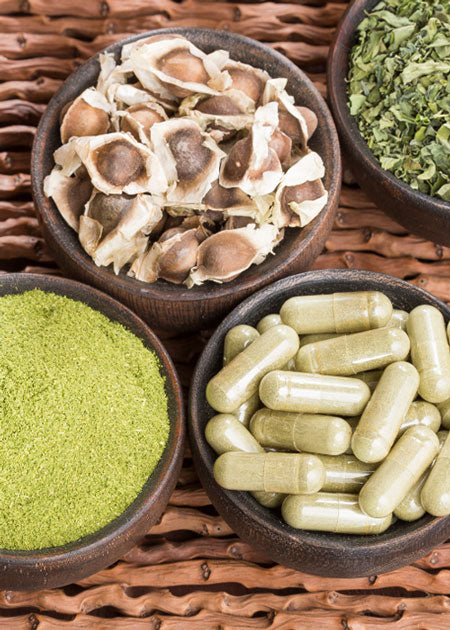
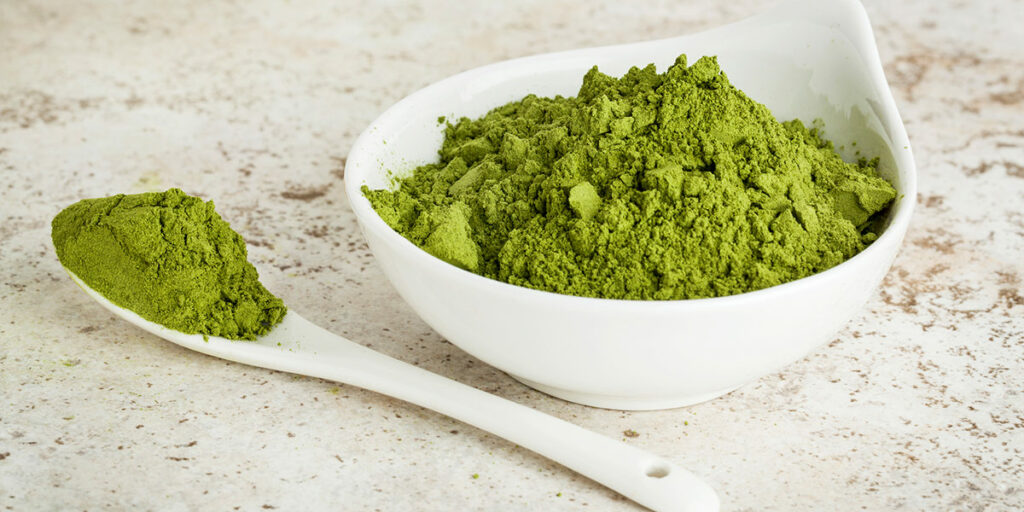
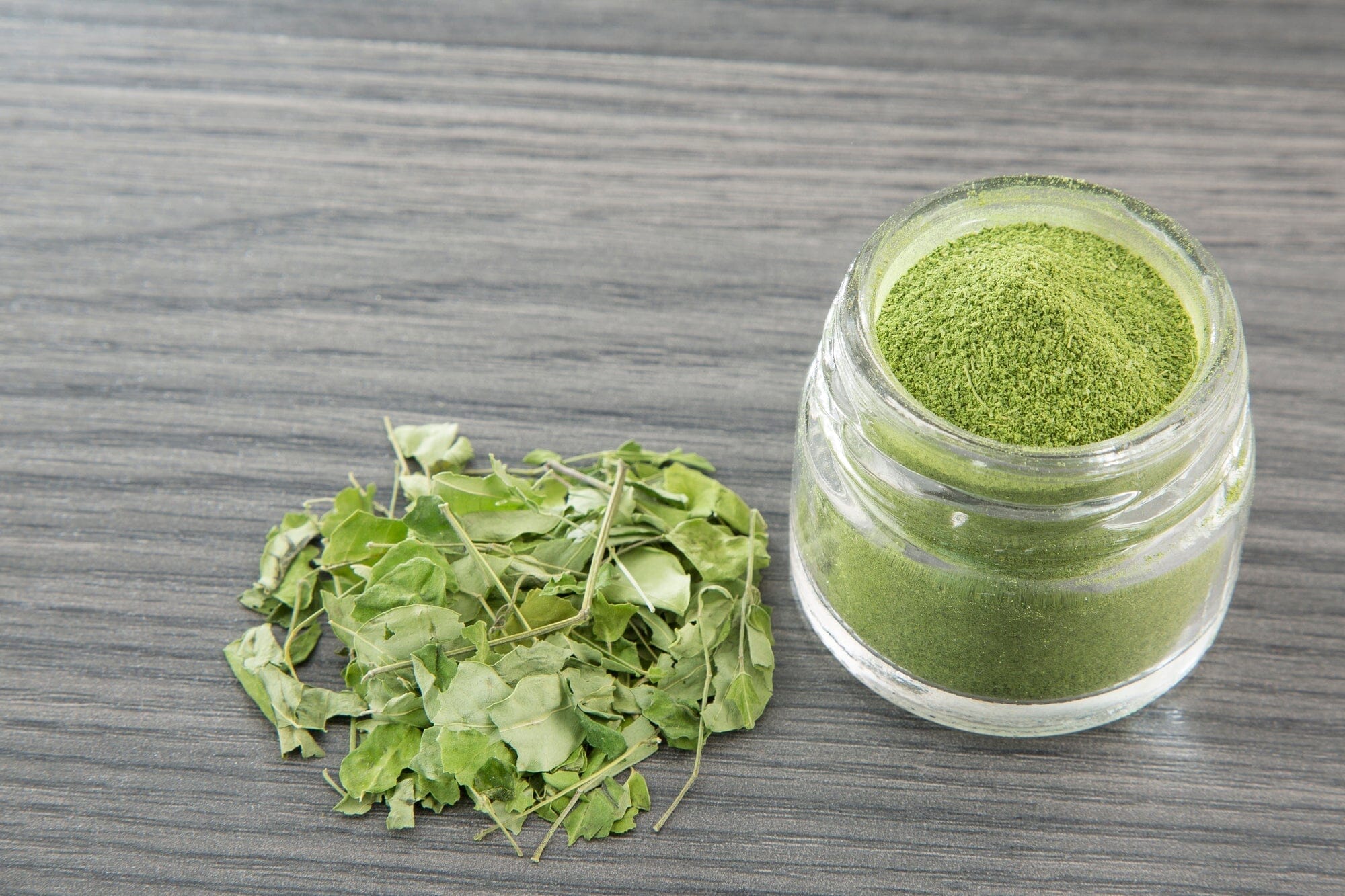
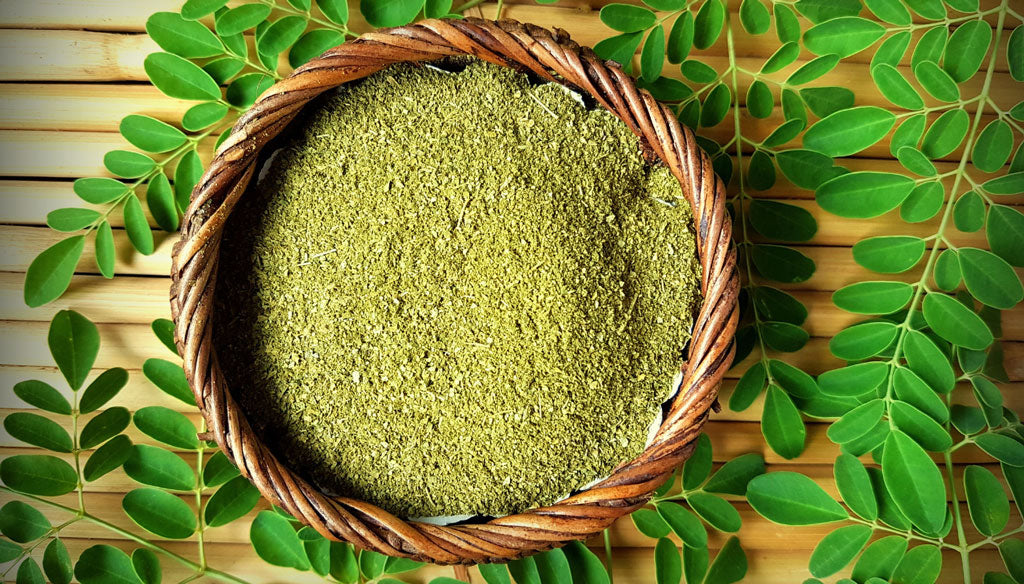

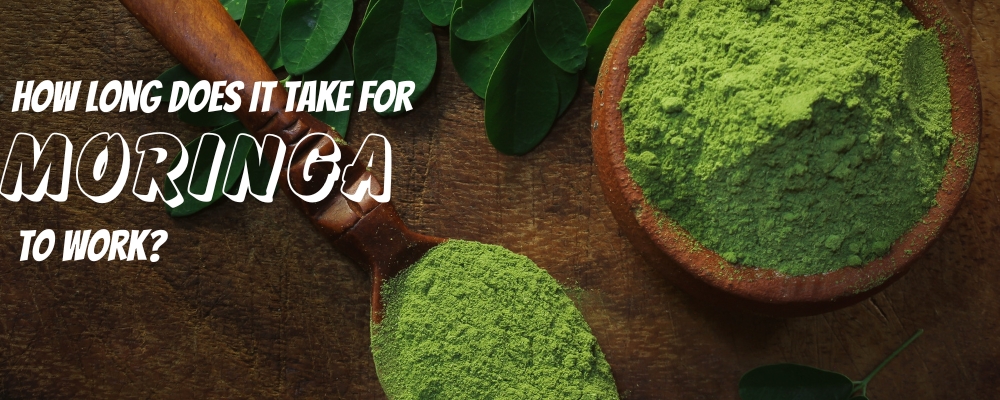
.jpg)
